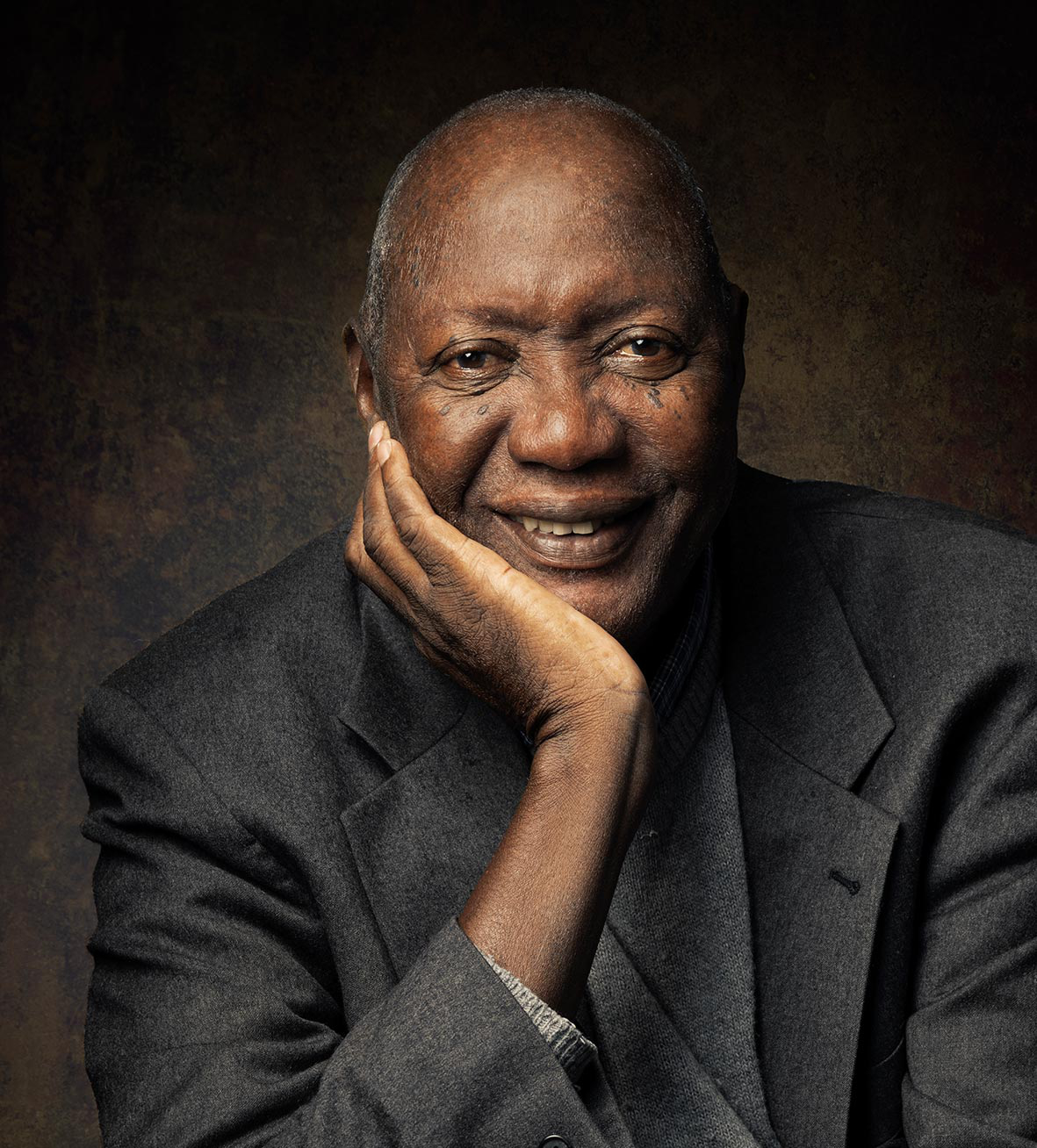SANA NA N’HADA

BIO
Sana Na N’Hada was born in Guinea-Bissau in 1950. Sent to Cuba by revolutionary leader Amilcar Cabral with four other apprentice filmmakers, he studied at the Cuban Institute of Cinematographic Arts and Industries. Upon his return to Guinea, he filmed the war of independence. His cinema is shaped between the memory of the Portuguese occupation, the struggle for independence and a meditation on the destruction of the traditional societies of Guinea-Bissau, and with them, an ecological model in which man accepts the powers of a nature to which he knows he belongs. Nome was his return to Cannes after 30 years, since his film Xime was presented in the Un Certain Regard Official Selection in 1994.
DIRECTOR’S STATEMENT
Nome is my third fiction feature film. Before that, I had mostly made documentaries.
Nome is part of a triptych I wanted to make about the war. Xime (1994) was the first part and focused on the fate of a Guinean family whose environment was turned upside down by the war. The second film was meant to deal with what the Guineans suffered during the conflict, but this project never materialized. Nome is a kind of synthesis of what happened during and after the war. I was between 15 and 16 years old when I was recruited by the guerrillas for a nursing course. The reality of what the war was like can never be captured, because it gave rise to so many stories, often terrible ones. Fiction allowed me to bring together many different people and events. Raci is my childhood, Cuta is like one of my aunts who was said to have clairvoyant powers. Quiti is also me during the war, when I was in charge of transporting and treating the soldiers. Nome is a choral film, and through these characters I have been able to make a portrait of Guinean society. In this society, several things happen at the same time.
Nome is a homonym. It’s a way of saying that the war was everybody’s business. It is the name of all those who joined the guerrillas. We came from all over the country. There were fishermen, cattle ranchers, farmers, and so on. The whole society participated in this struggle. Although later, unfortunately, we left the country to a few businessmen. Amilcar Cabral united us and gave the struggle a noble scope. He believed in unity. His death was the death knell. After independence came the civil wars. Agriculture, health… everything collapsed.

